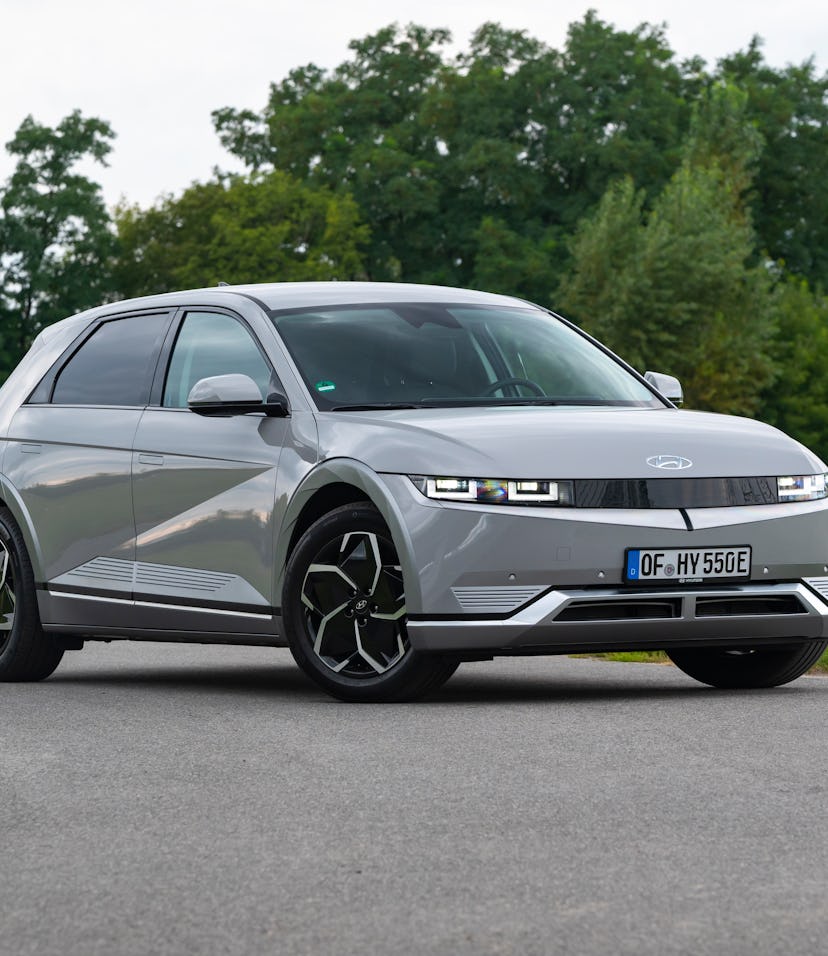Tech
Hyundai is leaving combustion engines behind for good
The Korean automaker is shutting down its combustion engine research arm entirely.

Hyundai is moving full speed ahead into the electric car market, recalls be damned. The Korean auto company is reportedly shutting down the development team responsible for its internal combustion engines in an effort to jump-start its electric car program.
Hyundai’s head of research and development, Park Chung-kook, sent an email to staff detailing the switch-up. Korea Economic Daily reviewed a copy of the email. The translation (via Electrek) reads:
It is inevitable to convert into electrification. Our own engine development is a great achievement, but we must change the system to create future innovation based on the great asset from the past.
All 12,000-some-odd employees working on Hyundai’s combustion engine development team will be transferred to the EV development team. In fact, Hyundai is planning to turn its entire powertrain research center into an electrification test center.
Hyundai has, up until this point, dragged its feet a bit in the EV market. Now it’s diving in headfirst. There’s no turning back.
Full speed ahead — Hyundai began 2021 with its intentions all over the place. The automaker was briefly in talks with Apple to create a smart car, considered the potential of walking cars, and purchased, of all things, dystopian robot company Boston Dynamics. All while continuing to pump out combustion engines.
Battery-electric vehicles haven’t exactly been Hyundai’s forte, thus far. While some legacy brands have fully embraced an all-electric future (even Hummer!), Hyundai has mostly just shown off concept EVs. Very cool-looking concepts, yes, but concepts nonetheless. We’ve seen hints of Hyundai’s EV ambitions in the shape of the Ioniq 5, a quirky crossover SUV that promises to be a real Tesla competitor. The windshield can project augmented reality info — like your current speed and short-stop warnings — and bidirectional charging.
Competition’s ramping up — Besides, you know, the ongoing and all-consuming pandemic, 2021 has been notable in changing the general mindset of legacy carmakers. Battery-electric vehicles are no longer a fringe interest. We’re quickly heading toward a time when they’re state-mandated, in fact.
Hyundai’s renewed interest in the EV market may be held back by its initial reticence to drop combustion engine development. A market once dominated solely by Tesla is now full of competitors from companies like Ford Toyota, and Rivian.
Hyundai isn’t the only carmaker making drastic changes to its combustion engine production. BMW announced similar switches a few months back. We’d expect to see similar moves from others in the not-too-distant future. The all-electric wave is growing taller with every passing day